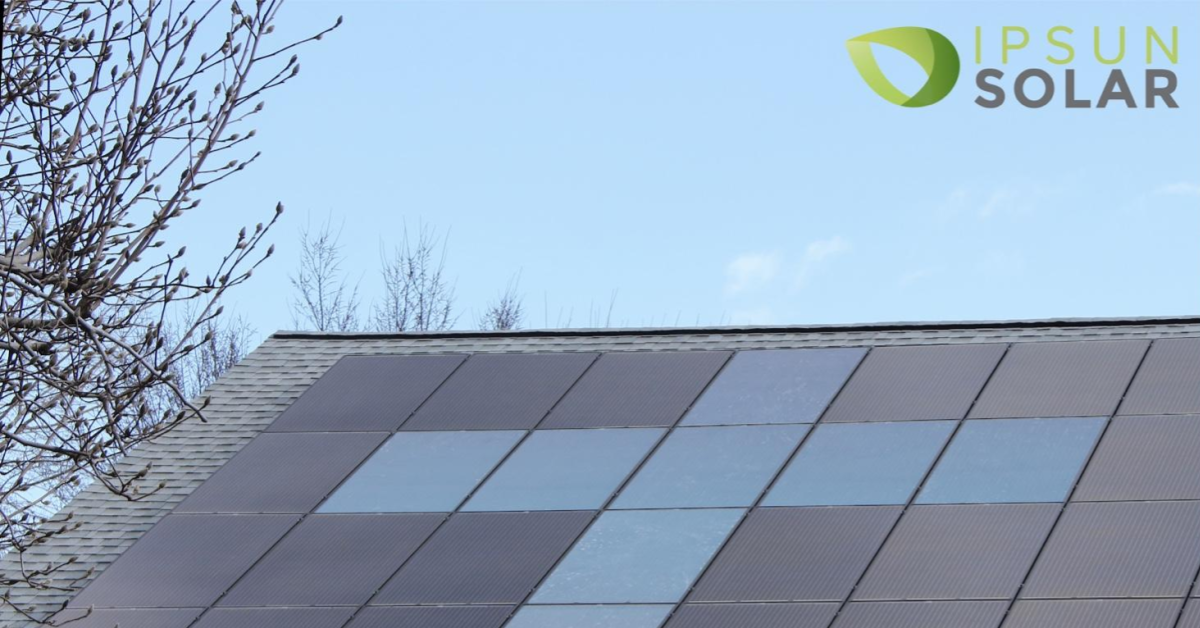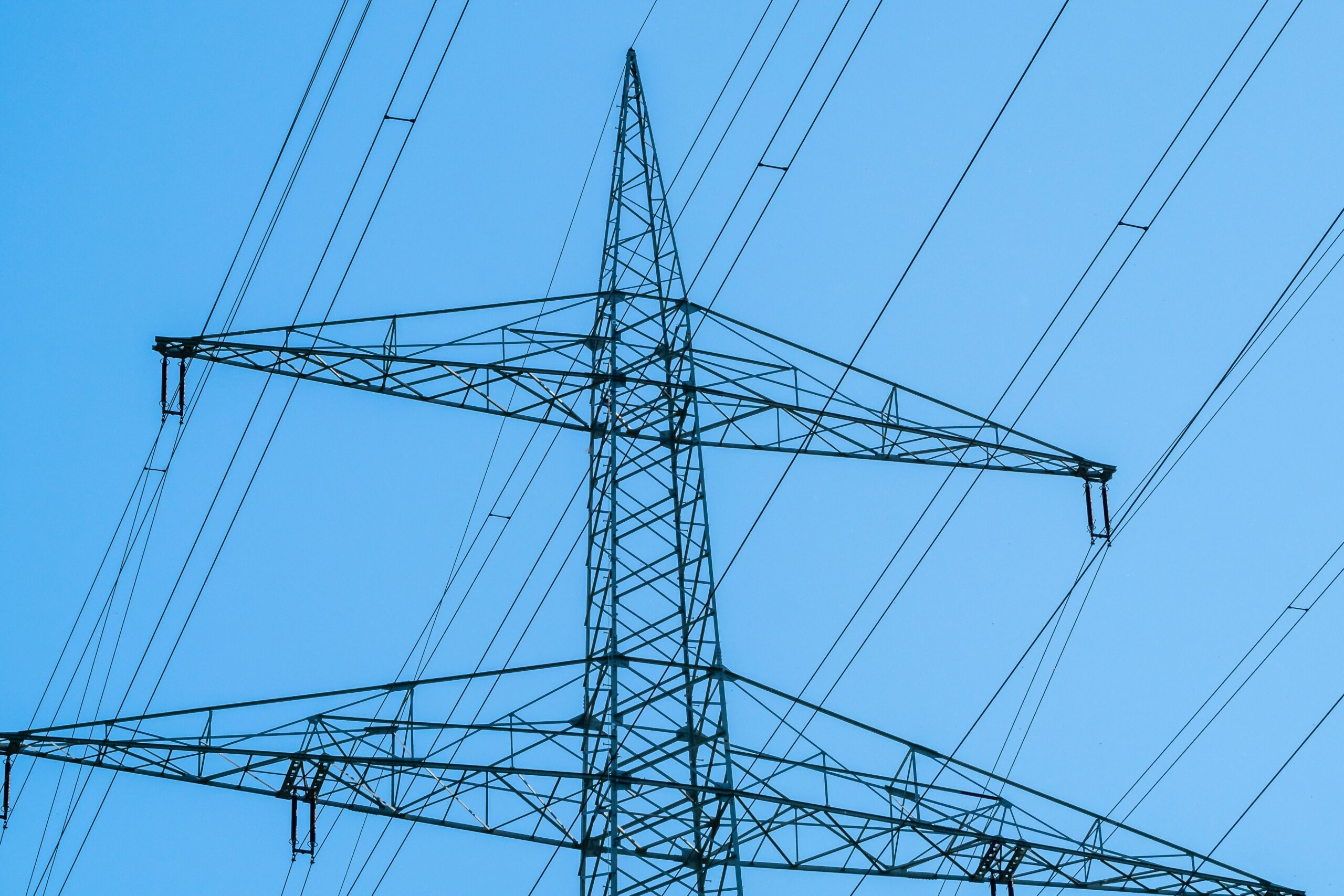The Commonwealth is great for solar lovers. Virginians can access solar incentives that help make solar pay for itself even sooner.
Solar savings in Virginia are based on a utility program called full-credit net energy metering, the federal tax credit, property tax exemption, and the small increases in electric rates that add up to higher bills over time, that going solar can help customers avoid.
Full-Credit Net Energy Metering
 The whole proposition of solar for most Virginia electric customers works like this: all the solar energy you produce with your new clean energy system will directly offset energy you would be paying the electric utility for. Both Dominion Power and the electric cooperatives simple programs for solar customers. When it’s time to activate your solar, the utility issues you a meter that turns both ways.
The whole proposition of solar for most Virginia electric customers works like this: all the solar energy you produce with your new clean energy system will directly offset energy you would be paying the electric utility for. Both Dominion Power and the electric cooperatives simple programs for solar customers. When it’s time to activate your solar, the utility issues you a meter that turns both ways.
This is a good way to visualize how solar works: sometimes, like at night when there’s no solar power production, the meter shows you’re using grid energy like any other customer. But during the day, if you’re producing more solar power than you need, the meter will run in reverse, crediting you the number of Watt-hours (units of energy) that you sent to the credit. That count of surplus energy provides a balance that you’ll use before the utility energy you would pay for in the future, and it even rolls over month to month.
Don’t get too carried away though: The utility reviews and approves the size of your solar system early in your solar process to make sure it’s not too large compared to your history energy use patterns (but gives exceptions if you explain you’re also about to add an electric car or start a family, increasing your demand!) Permissive rules about sizing and full-credit net energy metering are good, fair policies that compensate the customer for using and contributing solar energy.
Unlike Maryland, Virginia doesn’t currently have a rebate on offer at the state level, but solar is still a terrific investment and will lock you into affordable energy while other customers face rate hikes.
30% Federal Solar Investment Tax Credit
While we don’t give tax advice, we can tell you that many of our solar customers get the 30% federal tax credit for solar energy – and we are happy to help you get the help you need with related paperwork. To take it, the homeowner or business owner going solar must have a tax burden in that year, that can be lessened by 30% of the purchase cost of their solar system. Rather than asking us tax liability questions or questions about whether roofing expenses, tree cutting costs associated with your project, or energy storage to pair with the solar installation qualify, see your tax preparer! Learn more about the 30% federal tax credit for solar and its eventual phase-out here.
Virginians don’t keep solar renewable energy certificates from their clean energy, because their is no binding Renewable Energy Portfolio Standard active in the state. But there are some other avenues for savings!
Property Tax Exemption for Solar
 Solar adds value to your Virginia home, to the tune of a $30,000 increase for a 10 kilowatt solar energy installation, according to studies. A more educated home-buying public and growing access to helpful resources for appraisers and realtors with the impact of solar in the market are helping make this more consistent.
Solar adds value to your Virginia home, to the tune of a $30,000 increase for a 10 kilowatt solar energy installation, according to studies. A more educated home-buying public and growing access to helpful resources for appraisers and realtors with the impact of solar in the market are helping make this more consistent.
Yet Virginia tax assessments won’t reflect this increase because the state allows every city and county that chooses to partially or fully exempt solar from property taxes. It encourages economic activity and solar jobs and helps lend a boost to distributed energy, that is energy that’s sited at the same location where it’s consumed.
Homeownership comes with headaches and surprises, and achieving lower electric utility costs thanks to energy efficient appliances, insulation, and solar is attractive. Buyers are willing to look at solar as part of a mortgage and accept it as a plus. Why penalize the owner or purchaser of a solar home with taxes?
Beating Rising Electric Costs
Every couple of years, Virginia’s investor-owned utilities propose rate changes. State regulators then review, modify and approve any rate increase they deem reasonable. Many factors figure into these rate cases, and the utility will typically explain that grid modernization or enhancement, power line undergrounding, fuel costs, new energy sources, and other programs are among the reasons why the rate increase is needed.
.png) The more the customer can become self-reliant, producing and consuming their own solar, energy, the less the electric rate matters to them. With an energy storage system, the customer can maximize their self-sufficiency and whatever happens with rates, they’ll be drawing so little power from the grid that they’ll essentially defy rate hikes.
The more the customer can become self-reliant, producing and consuming their own solar, energy, the less the electric rate matters to them. With an energy storage system, the customer can maximize their self-sufficiency and whatever happens with rates, they’ll be drawing so little power from the grid that they’ll essentially defy rate hikes.
While some parts of the country have seen flashy, short-lived rebates on solar or state tax credits meant to jump-start an industry, Virginia’s solar industry is more stable and the installers here aren’t looking to ride a wave of hype and fever; we’re here to help you understand that going solar is intelligent budget-wise and that these programs help make it even more so.




